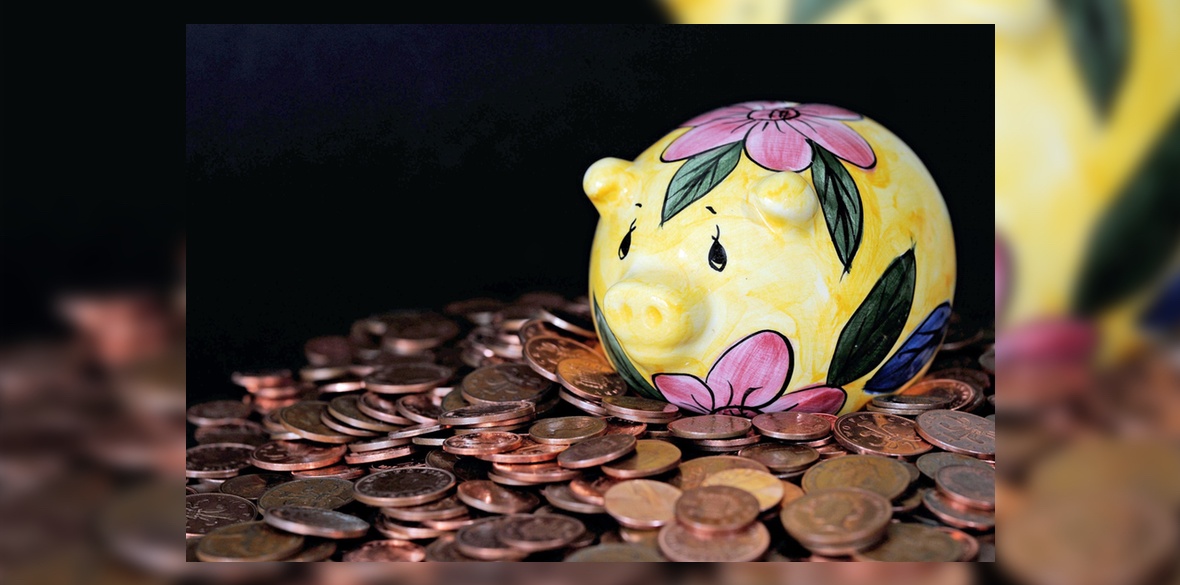This is the last article you can read this month
You can read more article this month
You can read more articles this month
Sorry your limit is up for this month
Reset on:
Please help support the Morning Star by subscribing here
MORE than four million children are in poverty, new government statistics show as household incomes “ground to a halt” and absolute poverty rose last year.
And nearly three quarters (70 per cent) of children on the breadline had at least one parent in work. according to new data revealed today by the Department for Work and Pensions (DWP).
The total number of people living in relative poverty in 2018 stood at 14 million — a slight decrease from 14.3m in 2017 — but the number in absolute poverty rose. Two hundred thousand more children were recorded in absolute poverty.
And the proportion of children in poverty whose parents are in work has grown.
Shadow work and pensions secretary Margaret Greenwood said that it is a “national scandal” when 14m people are classed as poor in one of the richest countries in the world.
She said: “The government must wake up to these figures, end the benefit freeze and stop the roll-out of universal credit which is pushing people into poverty.”
PM Theresa May was challenged earlier this month in the Commons by Labour MP Bridget Phillipson over the government’s “denial” of child poverty.
Ms May replied by linking a “reduction of children living in workless households” to universal credit, but failed to comment on poverty suffered by in-work families.
Child Poverty Action Group chief executive Alison Garnham said the DWP’s “grim” figures show the economy is “not an economy that is working for everyone.”
The Resolution Foundation’s Adam Corlett warned that the “bulk” of the damaging effects of the Tory government’s £12 billion benefit cuts would be felt over the next few years and that overall poverty rates could spike to a record high.
“Reducing child poverty needs to return to near the top of the government’s priority list,” he said.
Average household income growth “ground to a complete halt” in 2018 while inflation rose — reflecting erosion of the value of earnings and freezing of most working-age benefits — according to analysts at the Institute for Fiscal Studies (IFS).
In Scotland, analysis suggests that 1.03m people — 20 per cent of the population — were living in relative poverty after housing costs in the 2015 to 2018 period. This is up from 19 per cent in the previous three years.
Over a four-year period from 2013 to 2017, 11 per cent of people in Scotland were in persistent poverty after housing costs. This compares to 10 per cent in 2012-16.
At First Minister’s Questions, Scottish Labour leader Richard Leonard pressed SNP leader Nicola Sturgeon over the increase, highlighting that 10,000 more children were now living in poverty.
“While MPs can’t make a decision too many people in the real world have no choice but day in and day out to take heartbreaking decisions as a result of a decade of Tory austerity,” Mr Leonard said.
He criticised the SNP for having “previously argued against Labour’s child benefit top up in favour of the income supplement,” saying the latter wouldn’t be delivered till 2022. “These families cannot afford to wait,” he added.
Ms Sturgeon said: “Child poverty, if we look at the figures from this morning, has increased — and I think that is deeply regrettable.
“We know why it’s increasing, and that’s because of the welfare cuts and the austerity being imposed by Tory governments.”
TUC general secretary Frances O’Grady said that the “system is broken” if millions of people in work are earning but are in poverty.
A government spokesman said ministers take “these numbers extremely seriously” but claimed wages are outstripping inflation while income inequality and absolute poverty are lower than in 2010.
Labour leader Jeremy Corbyn said: “We must always remember that austerity is a political choice imposed by the Conservatives, not an economic necessity. A generation of children are paying the price.”











